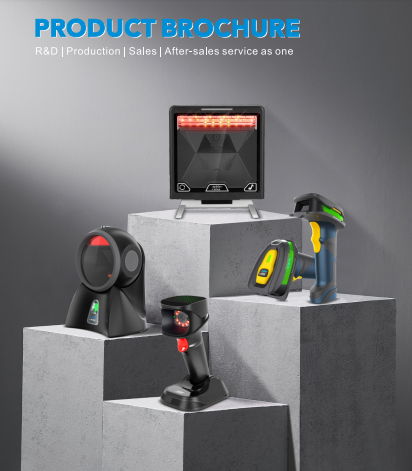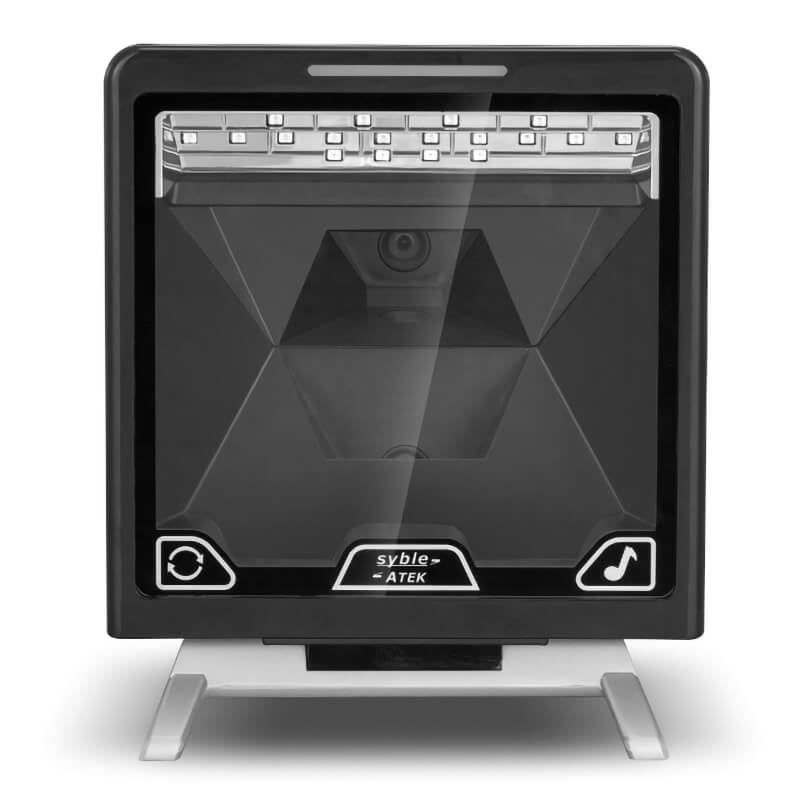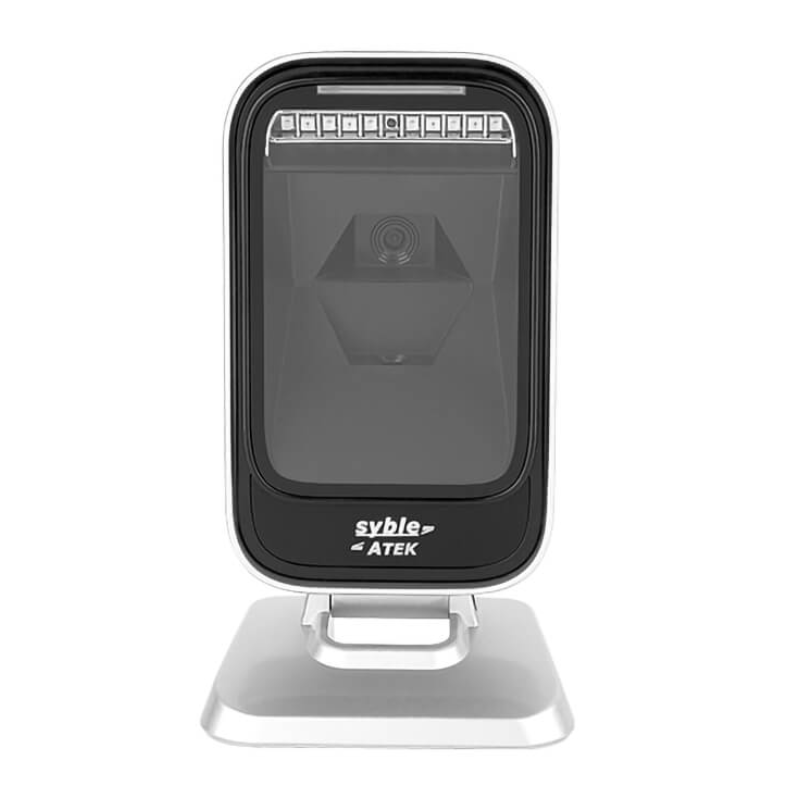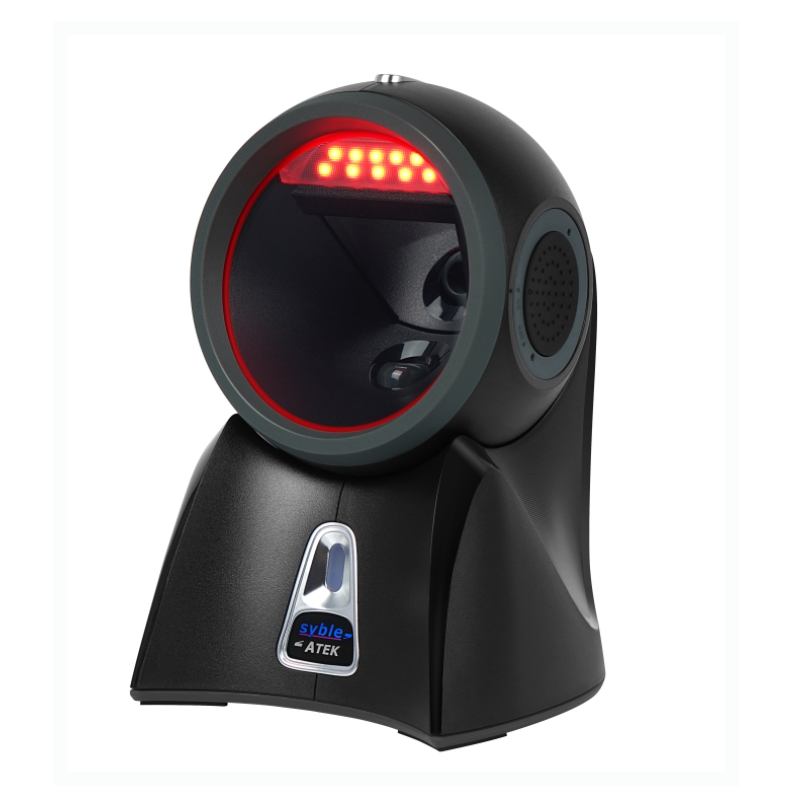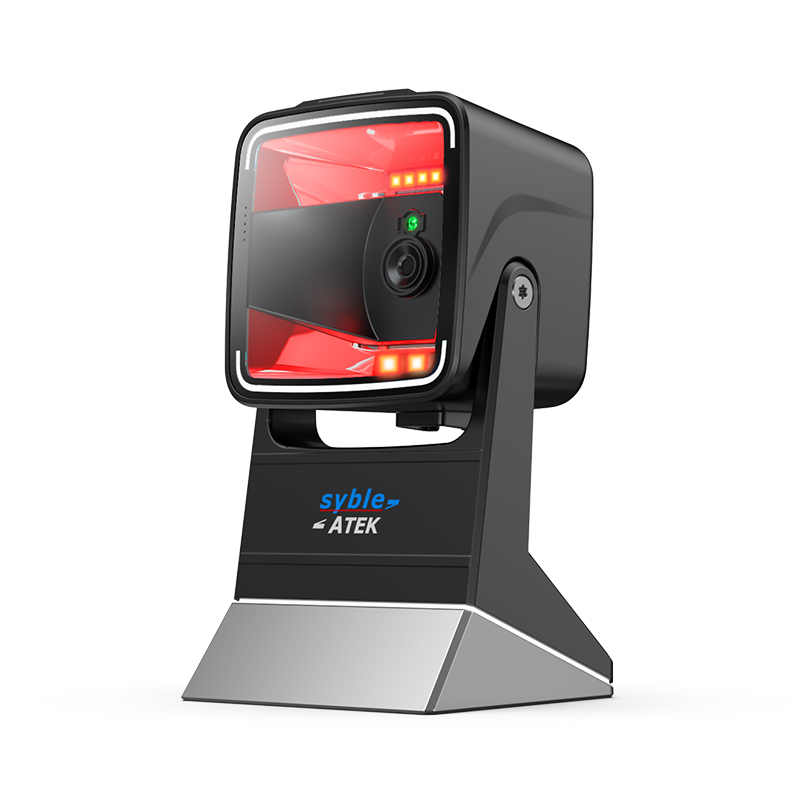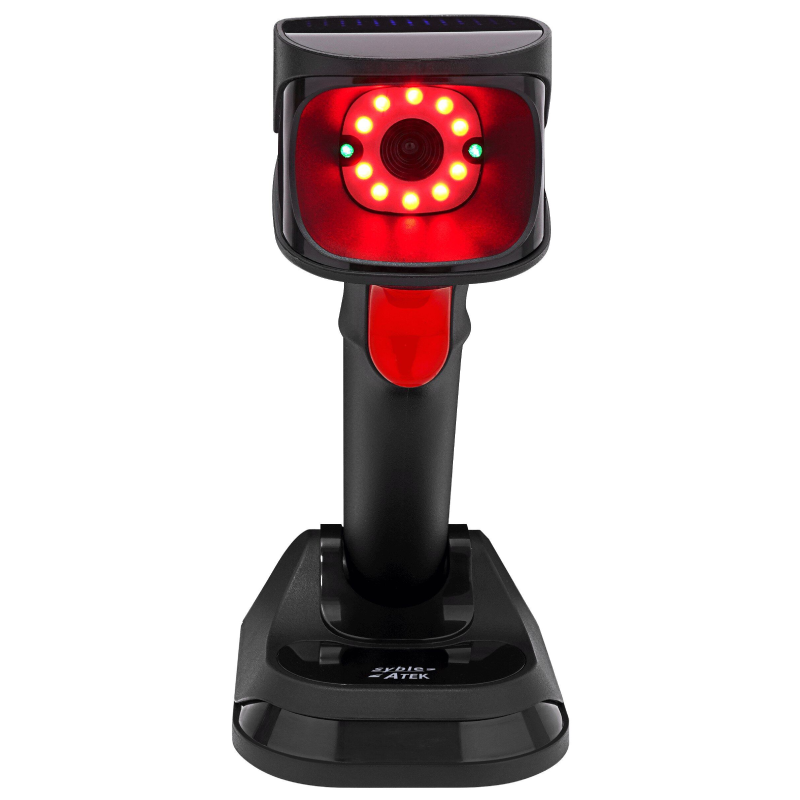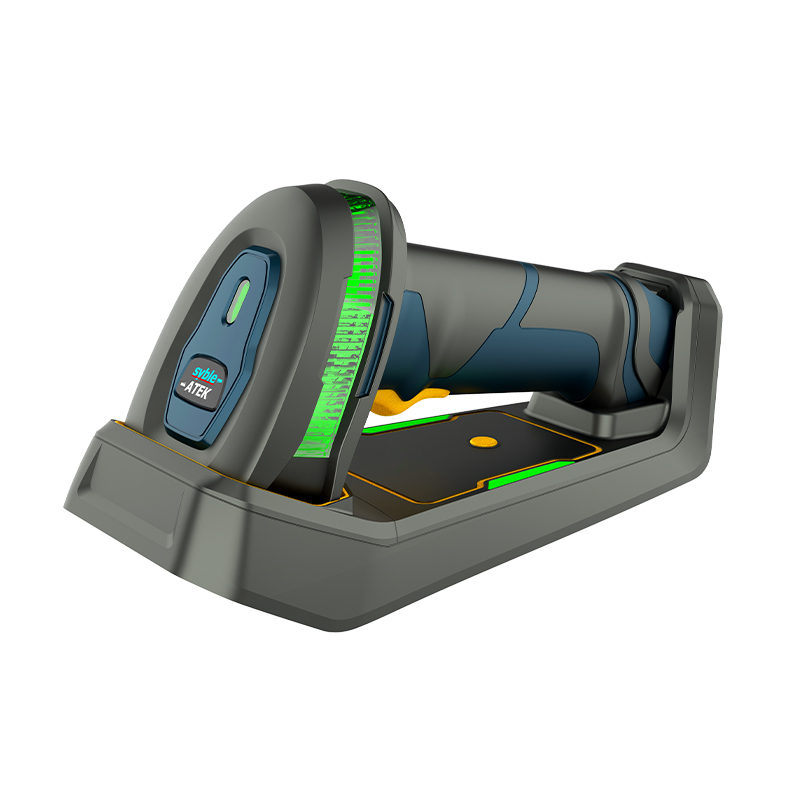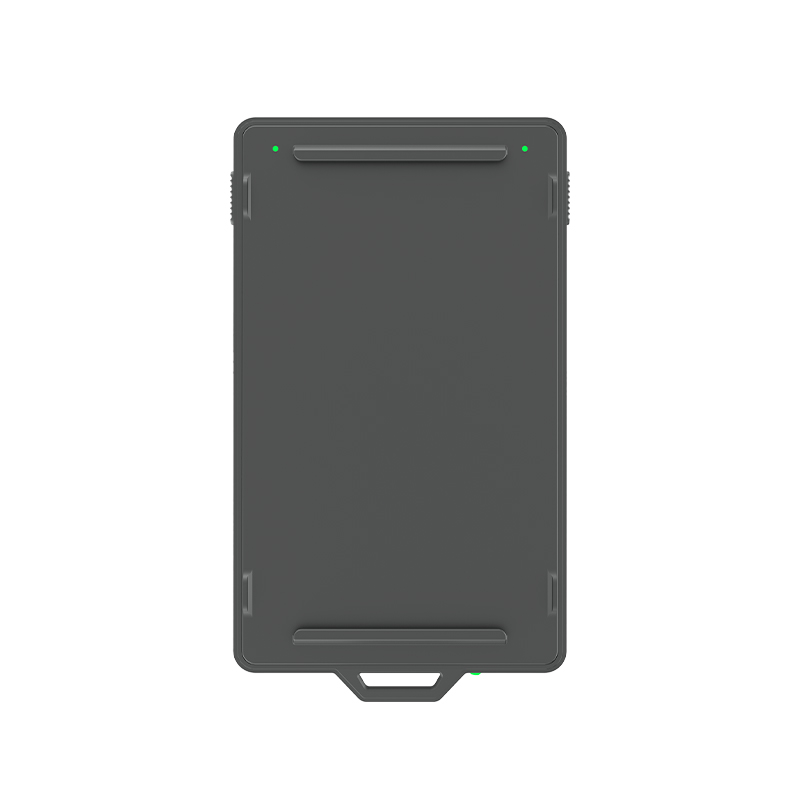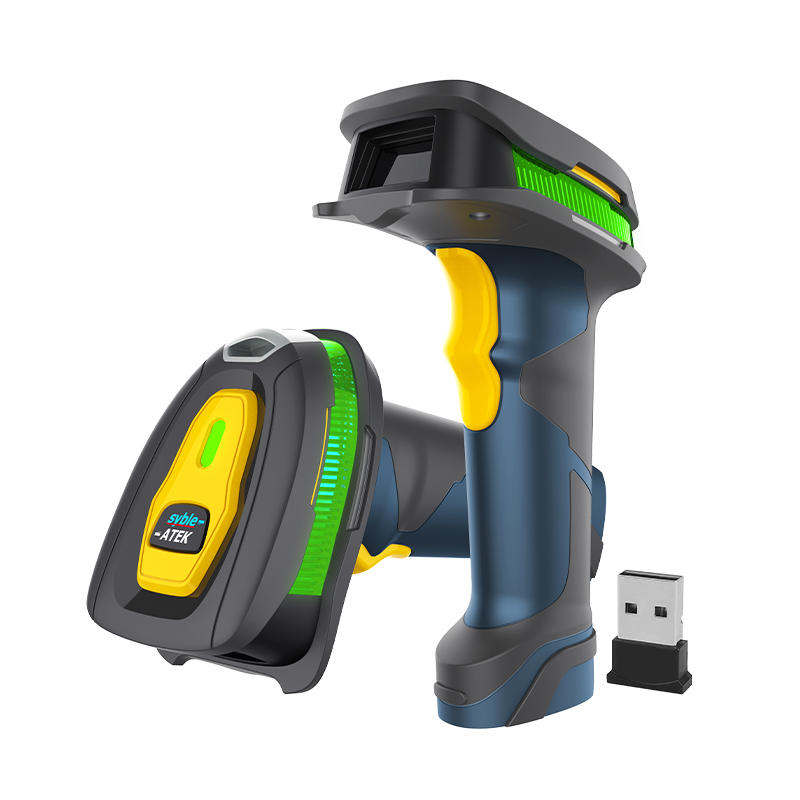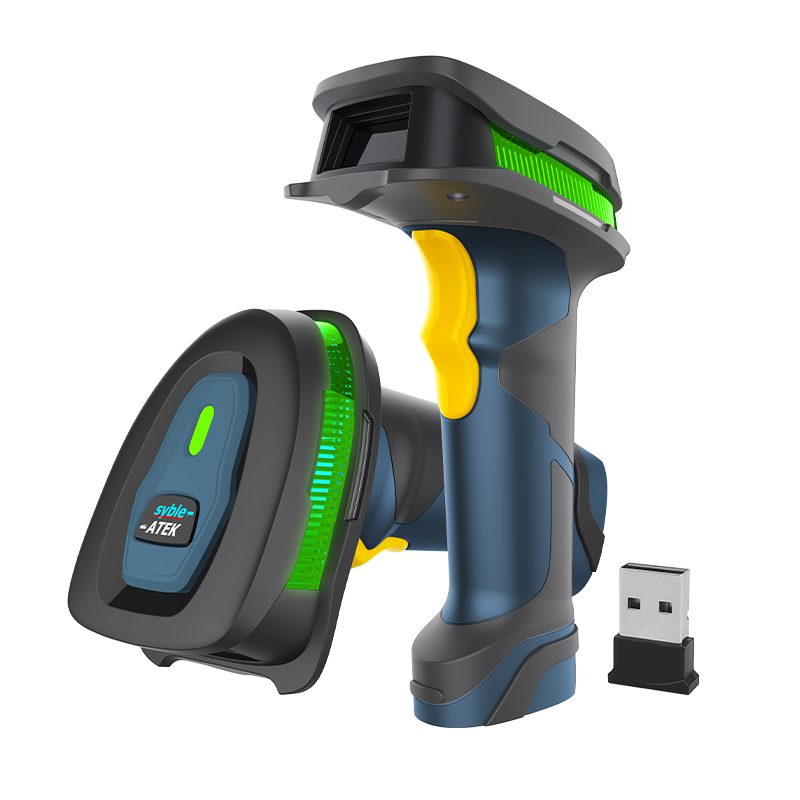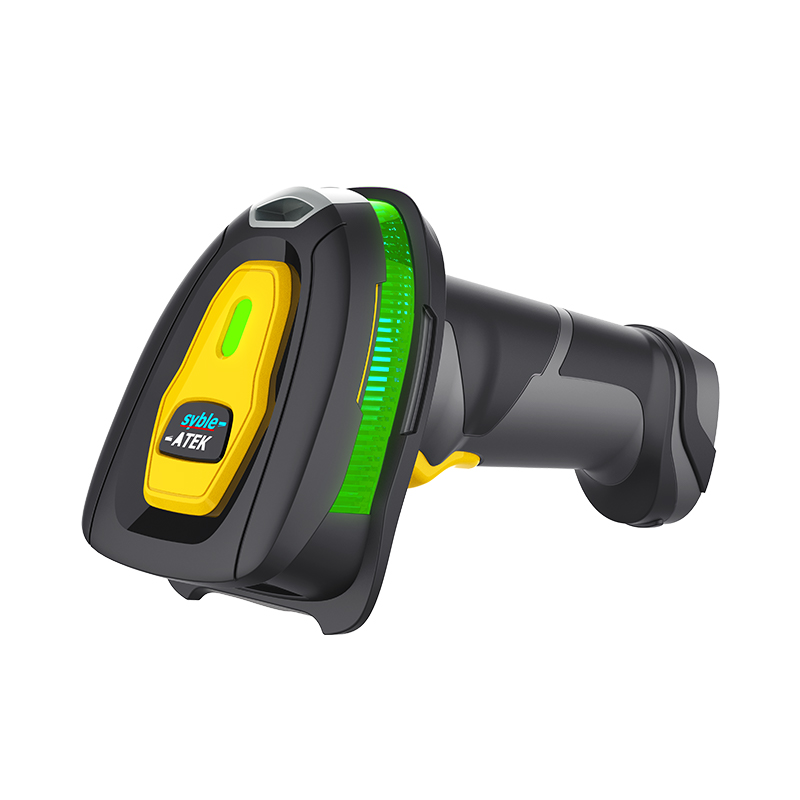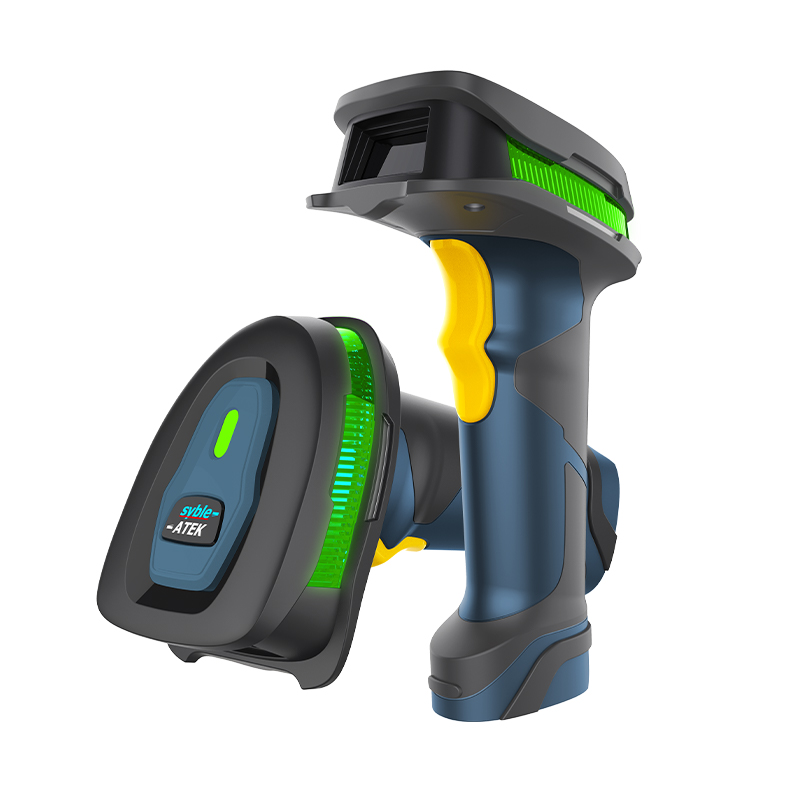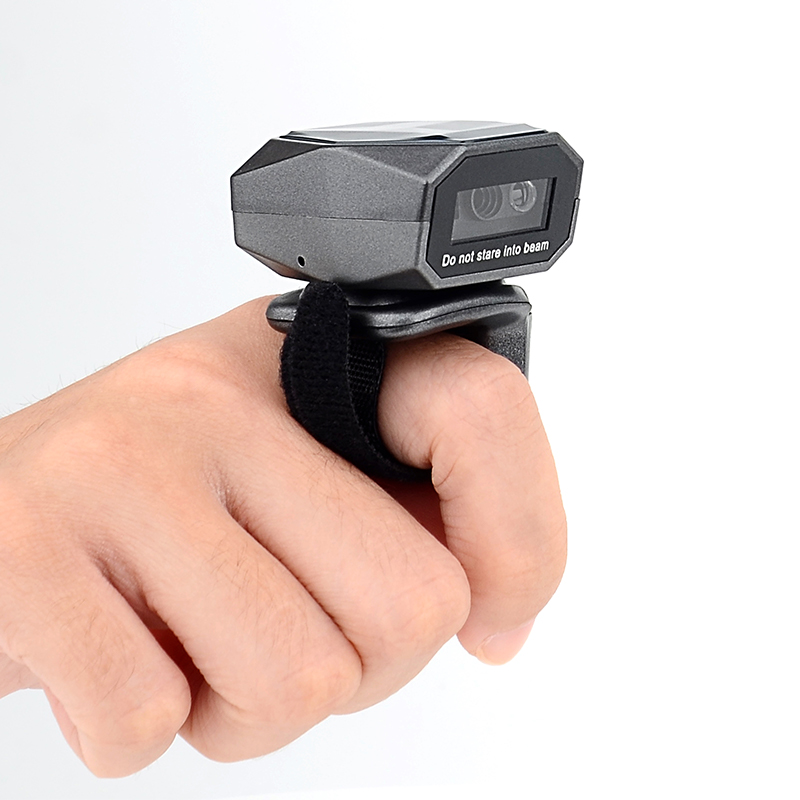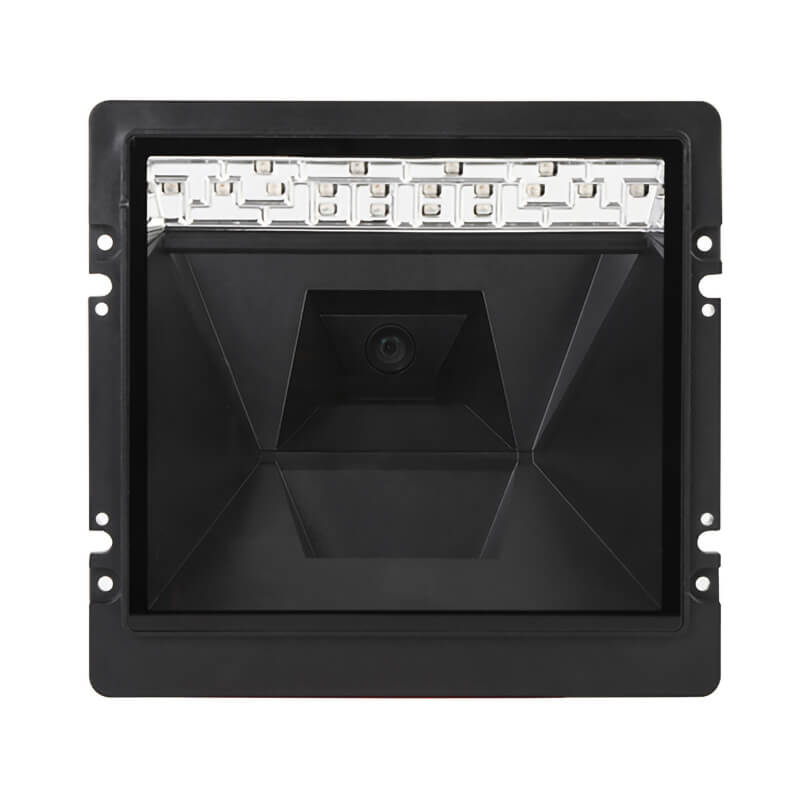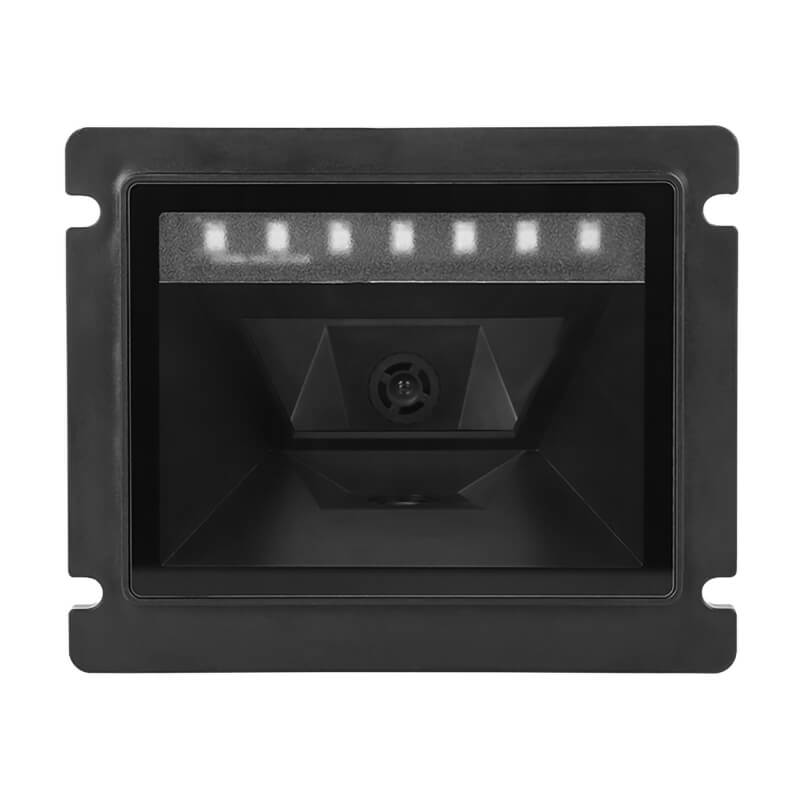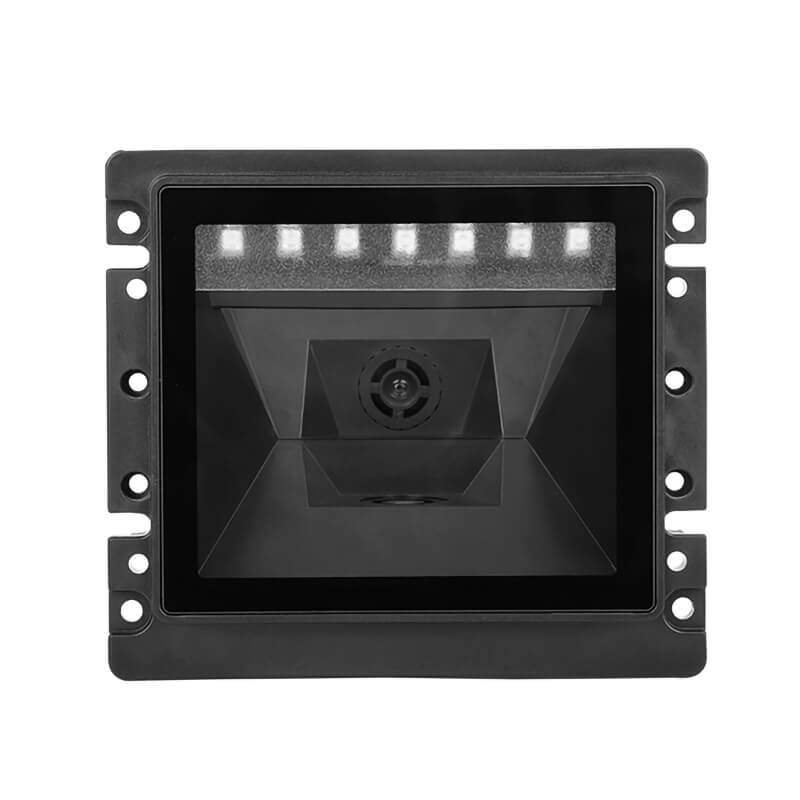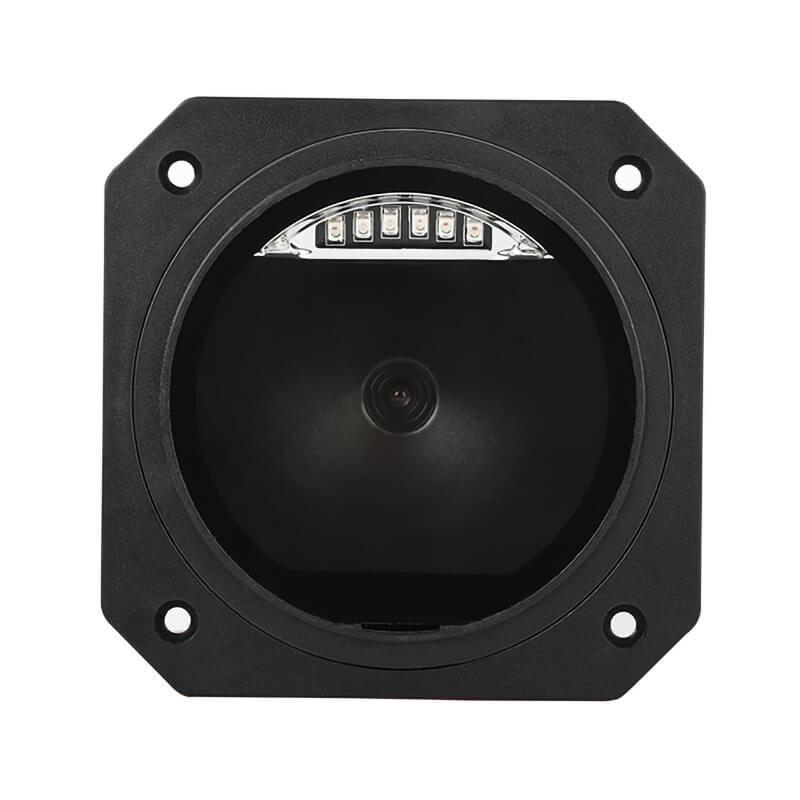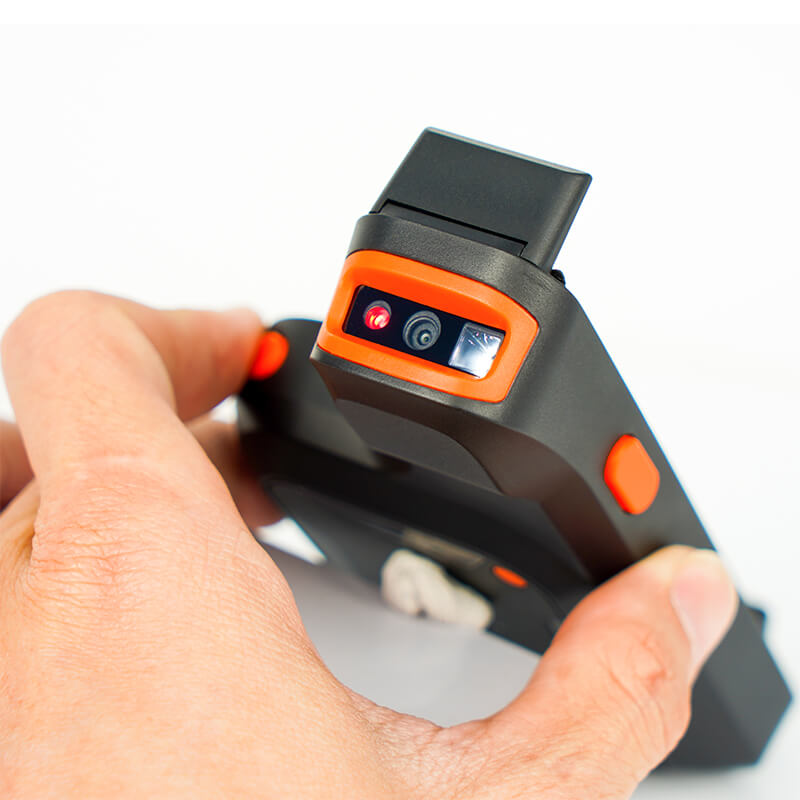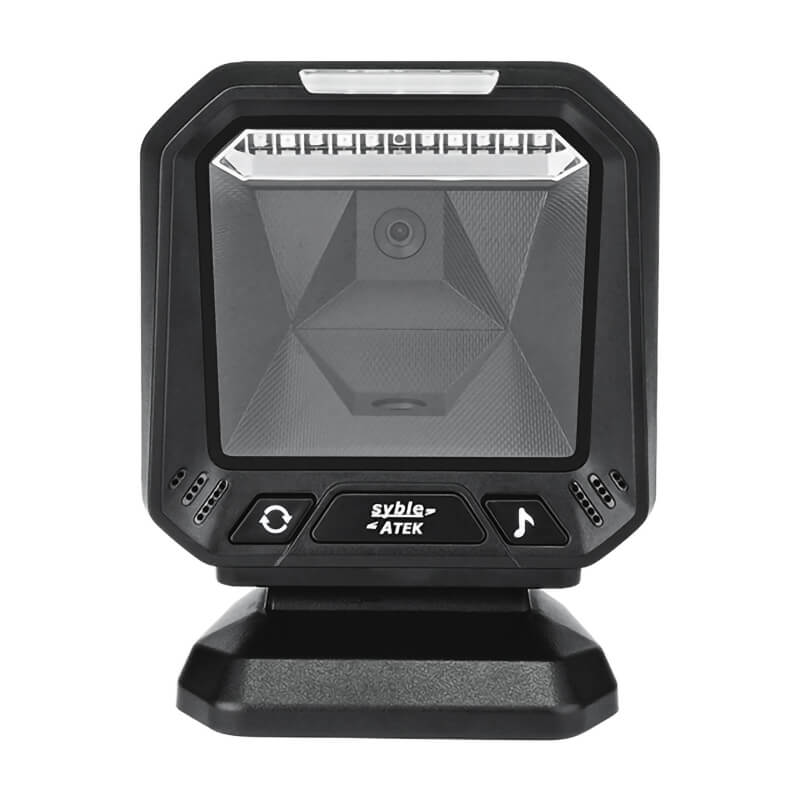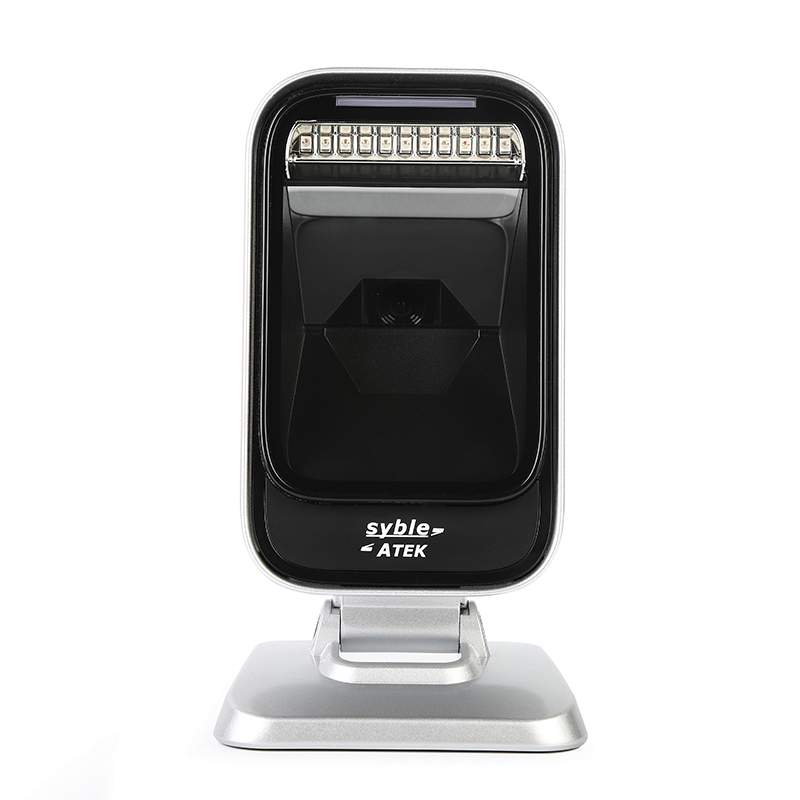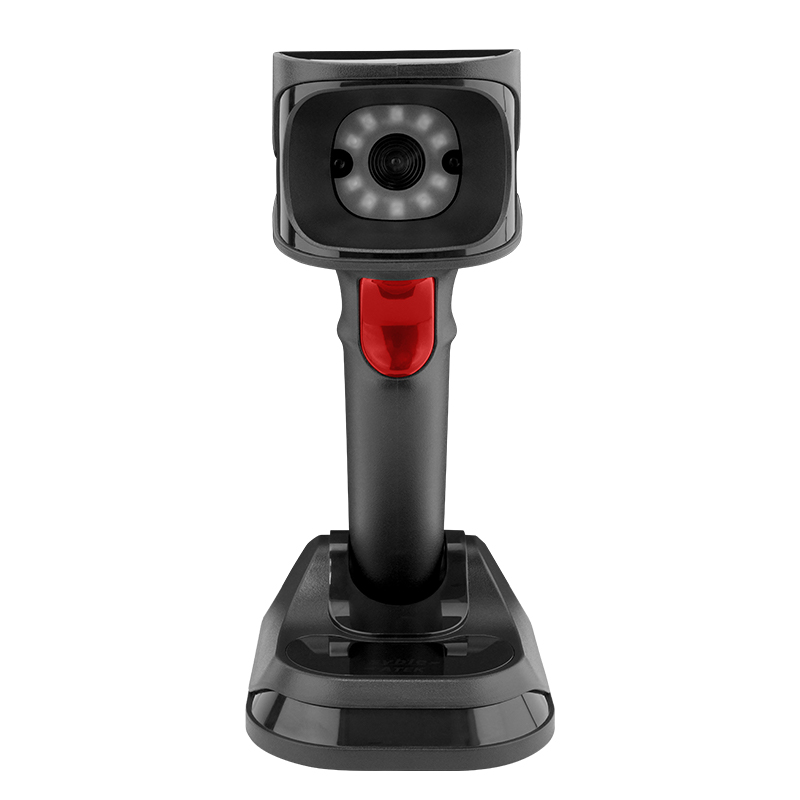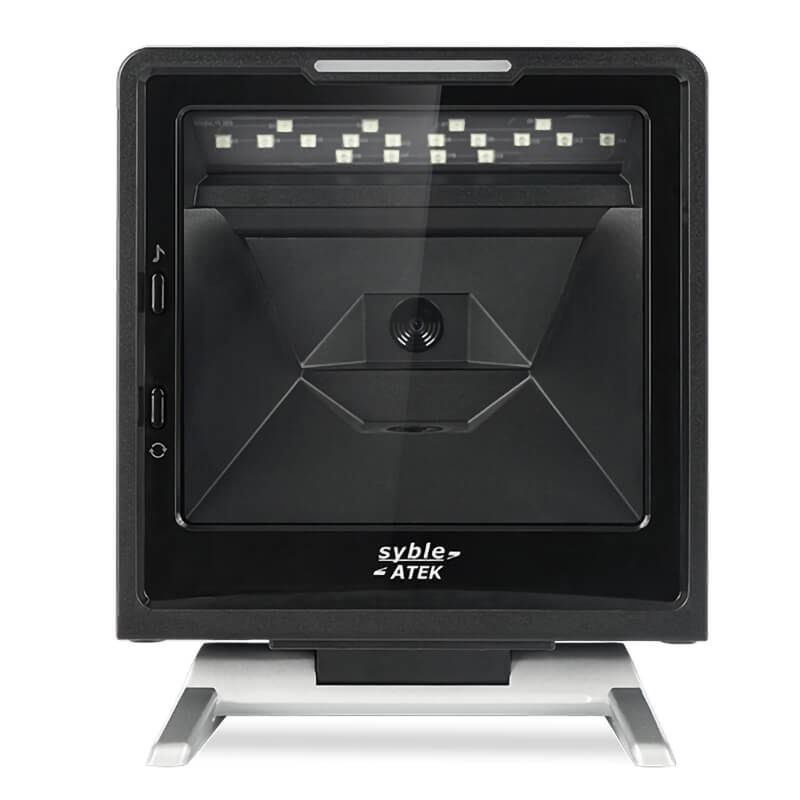Below are the key points:
1. Definition
Movement tolerance indicates the allowable range of movement for the barcode scanner or barcode during scanning. Exceeding this range may lead to reading failure or errors.
2. Influencing Factors
Scanning Distance: The distance between the scanner and the barcode.
Scanning Angle: The angle between the scanner and the barcode.
Barcode Quality: The clarity and printing quality of the barcode.
Ambient Lighting: The intensity and uniformity of the surrounding light.
Scanning Speed: The speed at which the scanner or barcode is moving.
3. Types of Movement Tolerance
Horizontal Movement Tolerance: The allowable range of movement for the barcode in the horizontal direction.
Vertical Movement Tolerance: The allowable range of movement for the barcode in the vertical direction.
Angular Movement Tolerance: The allowable range of movement for the barcode at an inclined angle.
4. Design Considerations
Optical System: Optimize the optical design to expand the tolerance range.
Decoding Algorithm: Use advanced algorithms to enhance tolerance capabilities.
Sensor Sensitivity: Increase sensor sensitivity to improve tolerance.
User Feedback: Provide scanning status feedback through sound or light indicators.
5. Testing and Validation
Static Testing: Measure the tolerance range in a stationary state.
Dynamic Testing: Measure the tolerance range during movement.
Environmental Testing: Test tolerance under different lighting conditions.
6. Application Scenarios
Retail Industry: Quickly scanning product barcodes.
Logistics Industry: Efficiently scanning package barcodes.
Manufacturing Industry: Scanning product barcodes on the production line.
Healthcare Industry: Accurately scanning barcodes on medications and patient records.
Summary
The movement tolerance of barcode scanners is a crucial parameter for ensuring efficient and accurate scanning. It needs to be fully considered in both design and usage.

